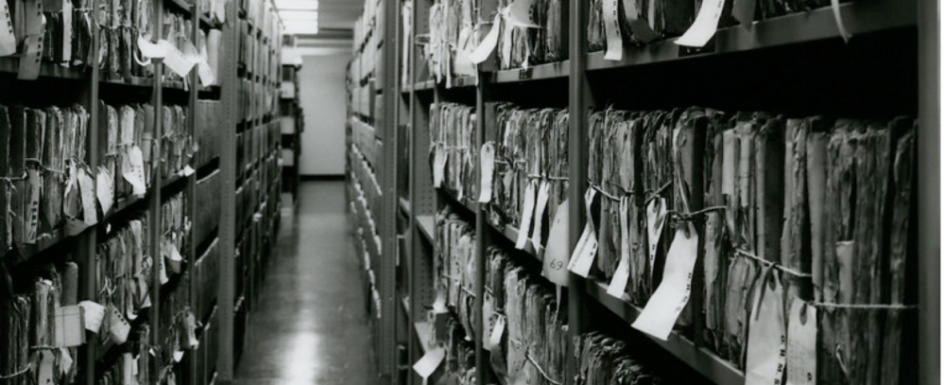Representations: Reproductions as Originals
In the midst of COVID-19 induced social isolation, with many institutions like museums closing their doors, digital surrogates are forced to temporarily take the place of embodied experience. While most of our distancing is temporary — for some objects, their surrogates are all we have. The weight that replicas have to bear is dependent on their function. If the original object is destroyed, through intentional or accidental means, the record of that original no longer serves as a finding aid — something that points the way to an attainable original. If our reproductions will serve in place of original objects, predicting what will be meaningful about the original is necessary, demanding, and maybe impossible. Such mindful practices are also undeniably worth it. Dr. Lyneise Williams has articulated the stakes of this issue well in, “What Computational Archival Science Can Learn from Art History and Material Culture Studies.” Why not just keep the original? Why put so much pressure on replicas? There are cases that require replicas to rise up to the task of “replacement.” Space is often an issue. Thousands of newspapers have been microfilmed, which is a much smaller and more stable form. The stability is also a key reason why originals are often not saved. Newspaper is produced cheaply, and the paper itself degrades over time. These concerns are not trivial, particularly since the housing of archival documents requires a stable environment (reminder: you shouldn’t store things you want to save in non-climate-controlled areas like basements or sheds). Sometimes it is impractical or even Read More

